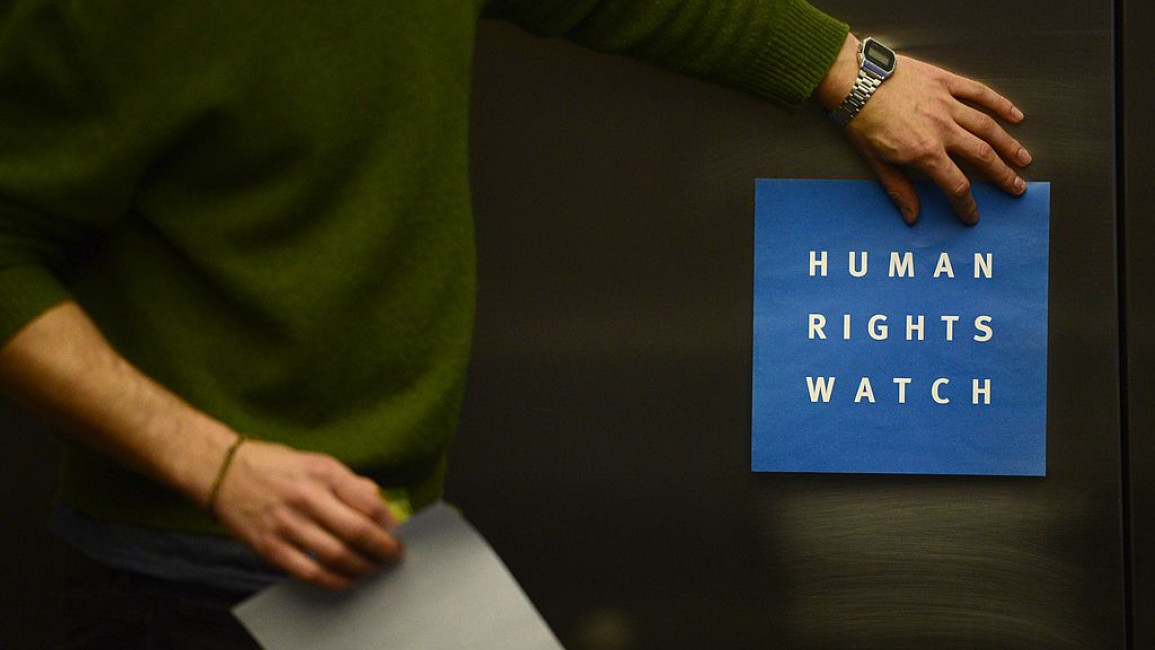HRW urges Libya HoR to repeal 'repressive' cybercrime law
Human Rights Watch (HRW) on Monday urged authorities in eastern Libya to repeal a "repressive" cybercrime law it said criminalises "peaceful expression" and to release people arrested over it.
The text of the law, passed last year, says it aims to defend "honour and public morals", without defining either.
"The Libyan House of Representatives should repeal a 2022 Anti-Cybercrime Law that restricts freedoms of speech," the New York-based rights group said in a statement.
It argued the law includes "vague and overbroad definitions that could invite prosecution for peaceful expression and punishment with prison terms of up to 15 years and stiff fines".
Libya, torn by conflict since a 2011 revolt that overthrew dictator Muammar Gaddafi, is divided between two rival authorities, in the western capital Tripoli and in the east, backed by military strongman Khalifa Haftar and the House of Representatives.
HRW said authorities in the east had arrested a well-known singer and a blogger, both women, citing the new cybercrime law.
"The authorities in eastern Libya should immediately release anyone they are holding under this law for peaceful expression," the group said.
"Libyans should have the right to free expression whether online or offline," said Hanan Salah of HRW.
"It is not OK to trample on that right in the name of fighting cybercrime."
HRW said the parliament, elected in 2014, "did not consult civic groups, technologists or cybercrime experts" while drafting the law, and that it was not formally published before being adopted.
United Nations rights experts also warned last year that the law "could have a grave impact on the enjoyment of the right to freedom of opinion and expression and the right to privacy".



